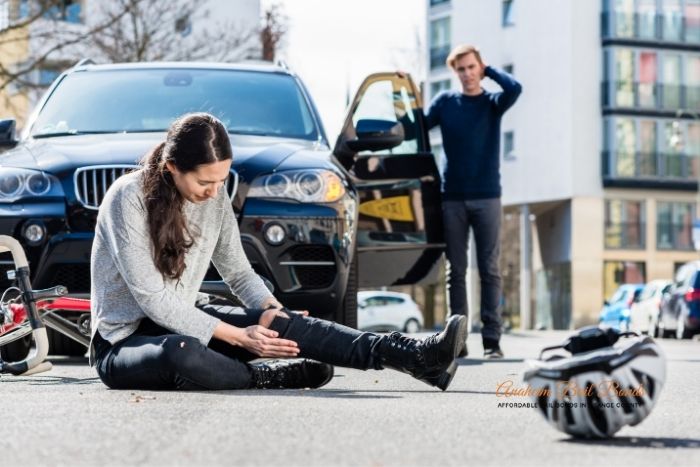Quick Bail Bond Approval in California
Here at Anaheim Bail Bonds, it’s our belief that no one should have to sit in a jail cell for a moment longer than necessary. We understand that each minute you’re in a cell, the bleaker your situation feels. We want you to be as...
13 April, 2022
/ 0 Comments





